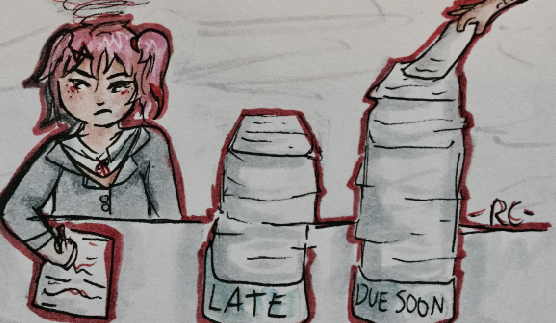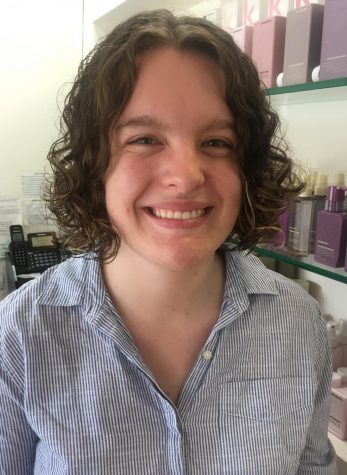Make-up policy needs change

December 15, 2017
Although ETHS has a policy on make-up work in the Pilot, enforcement is inconsistent and its broad wording does not reflect the differences in assignments for individual courses.
The current Pilot states that students have twice the number of missed school days to make up missed assignments, and in order to make up assignments, assessments and projects with previously set deadlines, the student must contact their teacher.
One issue with this policy is that it treats all classes equally, meaning that the amount of time you have to make up work in math class is the same as in English, when, in reality, those classes and their assignments are very different. This policy doesn’t effectively give students the time they need to make up assignments, and it creates excess stress for students who already were behind in class.
Another problem is that there are many cases in which the work that students are forced to make up is irrelevant by the time they get back from an absence. In this case, the work is just added stress.
The second part of the policy brings up another issue; teachers are given too much freedom to determine due dates for make-up work. The problem is not that teachers are irresponsible with this power, it’s that it creates an inconsistency in how teachers deal with make-up work. For example, two students could have different teachers for the exact same subject, yet one has a teacher who is really strict, and the other student has a teacher who is more lenient. The student who has the harsher teacher undoubtedly has an added level of stress because of that, which creates an unfair situation for both students.
Some may argue that teachers should be able to determine their own rules about make-up work, which will allow for more course specific policies. While this does solve the problem of the currently broad policy, it also further enables the kind of inconsistency that is a problem in the first place. If teachers were able to create their own policies (and many do currently), this prevents a unified course, which is easier for students and teachers. Separate policies are also unfair for students. If one algebra teacher doesn’t allow make-up work and another does, the students in those respective classes are on unequal ground: one faces a harsher deadline than the other.
One way the policy could be revised is by creating individual make-up policies for each department, or even course, so that the policy is specific to the subject and therefore will more accurately implement rules that work for both students and teachers. The current policy doesn’t set a fair standard. We must revise this to promote the most success we can for students.









